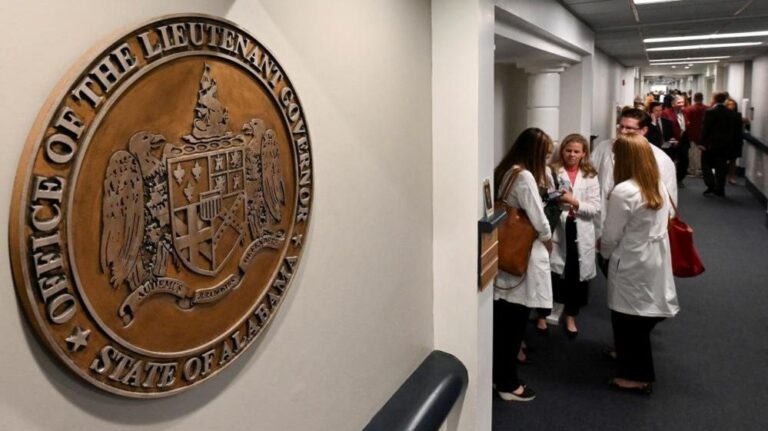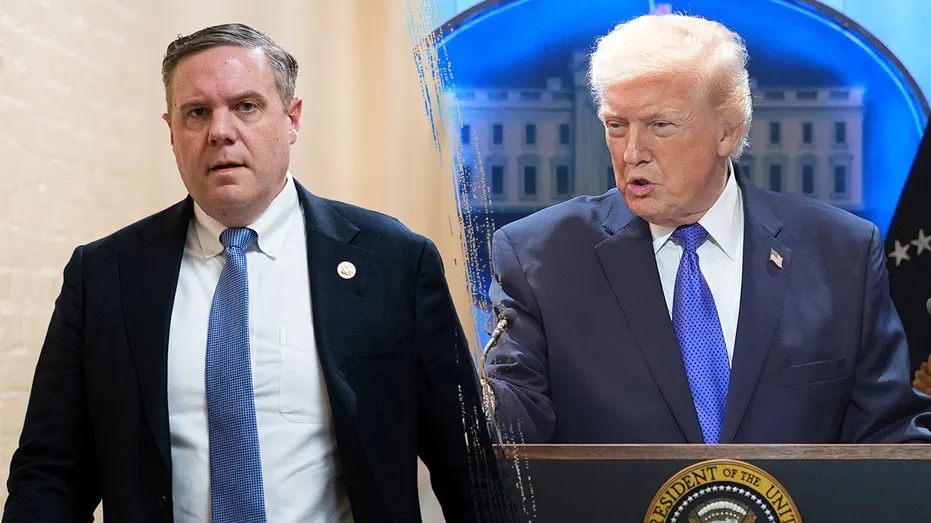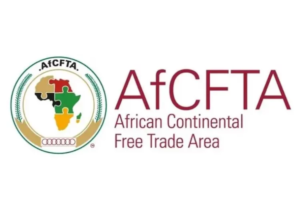Alabama lawmakers have approved a bill aimed at safeguarding in-vitro fertilization (IVF) clinics and practitioners from legal repercussions and criminal charges.
The state’s supreme court recently decided that frozen embryos should possess the same rights as children, holding individuals accountable for their destruction.
Following the ruling, at least three IVF clinics halted their treatments, causing political repercussions for Republicans.
The newly passed law enables these clinics to resume their services. It received significant bipartisan support, passing with an 81-12 vote in the state’s House and a 29-1 vote in the Senate.
Republican Governor Kay Ivey promptly signed the bill into law. The provisions aim to protect IVF providers from legal consequences and prosecution related to the “damage or death of an embryo” during their services.
Supporters of the bill express optimism that it will facilitate the resumption of IVF services.
State legislator Terri Collins said that the current focus is on helping families regain momentum in their journey to have children.
Although the legislation provides partial legal immunity for medical providers, it still permits the filing of lawsuits against manufacturers of IVF equipment in certain situations where they cause damage or destruction to embryos during the treatment process.
The legislation did not take a stance on whether embryos should be legally designated as children.
Alabama Democratic House Minority Leader Anthony Daniels expressed to AL.com on Wednesday that the bill does not adequately address the fundamental question of whether embryos, when outside the womb, should be considered children.
“Until that issue is addressed, it’s just putting a Band-Aid over something that requires stitches and surgery,” remarked Mr. Daniels.
The Alabama Supreme Court’s decision on February 16 was a response to wrongful death lawsuits initiated by three couples whose frozen embryos were inadvertently destroyed at a clinic in 2020.
The ruling triggered swift criticism, garnering attention both within the state of Alabama and on a national scale.
In the lead-up to the U.S. presidential election, still eight months away, President Joe Biden’s campaign has capitalized on the ensuing controversy.
A survey by Pew conducted last year revealed that 42% of Americans either underwent IVF treatments or have acquaintances who did. This percentage increases to 45% for middle-income Americans and spikes to 59% for those with high incomes.



























